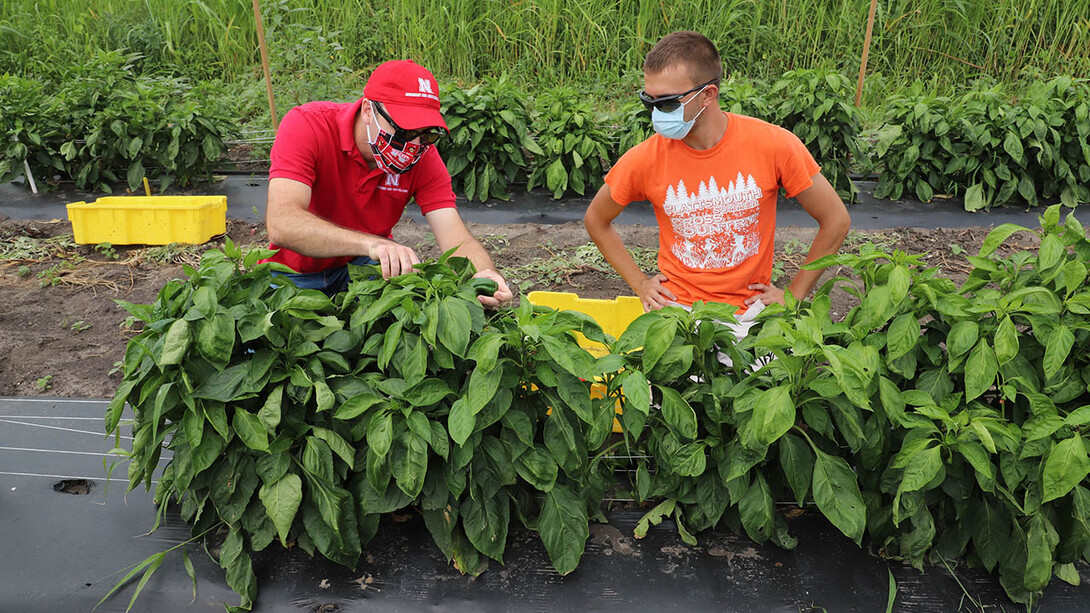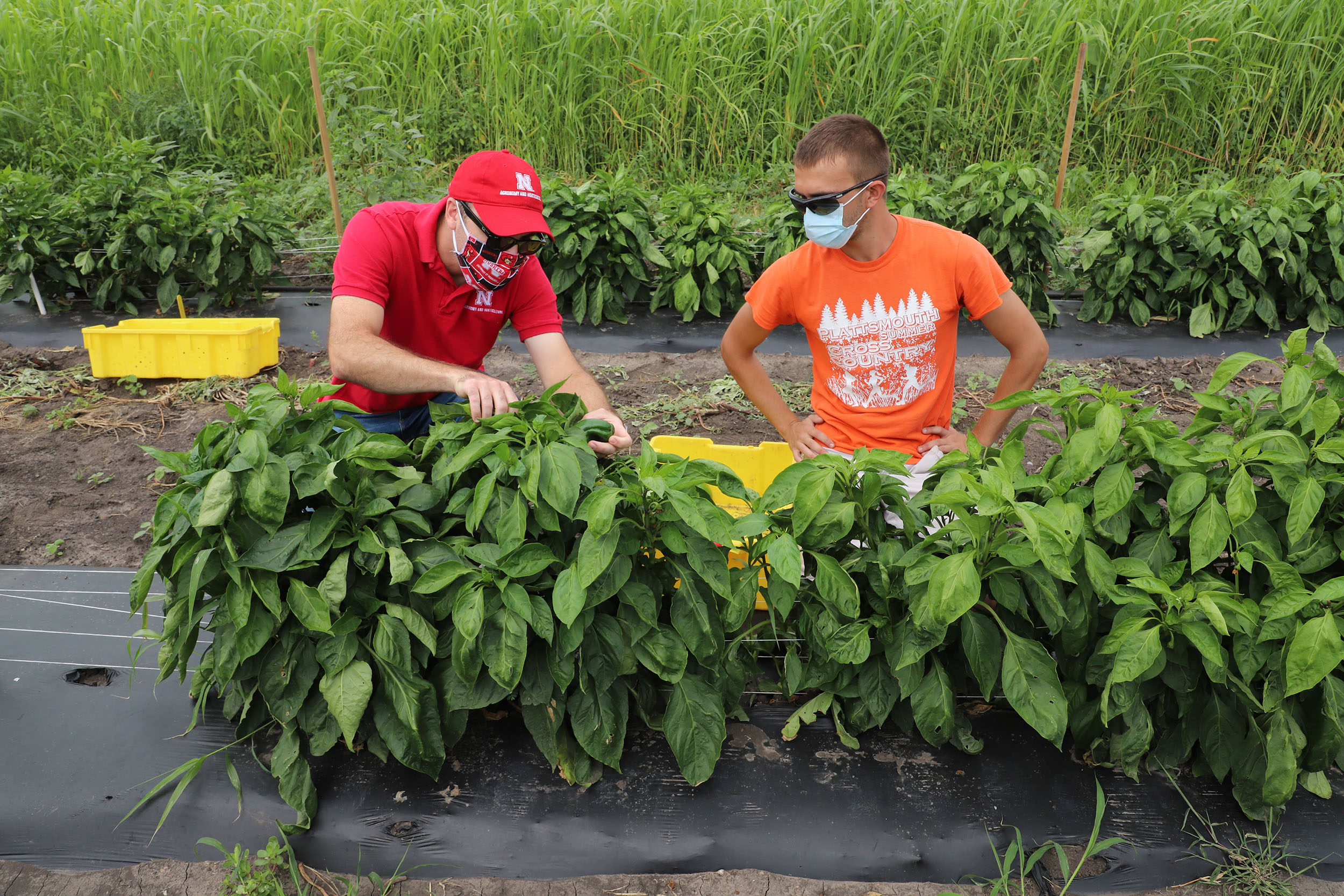
Sam Wortman, associate professor of horticulture at the University of Nebraska–Lincoln, and Ali Loker, a doctoral student in plant health, have launched a new decision support tool for specialty crop producers and gardeners: the Vegetable Variety Navigator. The tool can guide specialty crop growers and gardeners as they look for high-yielding, high-quality vegetable varieties for their soil climate in the Midwest.

The university’s Department of Agronomy and Horticulture, along with Nebraska Extension’s Katie King and John Porter, received a grant last year through the Nebraska Department of Agriculture and the U.S. Department of Agriculture’s Specialty Crop Block Grant Program to support on-farm variety trials for peppers, cucumbers and broccoli. The trials were to be performed on five farms in eastern and central Nebraska. Researchers had begun work on the project, and the plants were ready to be transplanted into plots at the participating farms, when COVID-19 caused the team to change its plans.
Wortman had already hired Loker, who still had an interest in working on the project even in the absence of on-farm variety trials. The idea of performing a meta-analysis seemed a good substitute. Loker dove into the scientific literature. Over the course of the summer, she analyzed data from more than 300 studies with the goal of helping to answer questions about which vegetable varieties perform best, and where. She then used the results to build an online tool to help growers visualize the data and make informed decisions about which varieties of specialty crops to plant.
After Loker had gathered the data, Wortman was ready to hire a software engineer for programming. However, Loker mentioned a program called Tableau that she had used previously to visualize data, volunteering to create the tool instead. The Vegetable Variety Navigator Tool began to take shape, with the final product surpassing Wortman’s expectations.
“Just seeing her take ownership of the project and really far exceed my expectations is pretty rewarding as a mentor,” Wortman said.
Before the launch of the tool, growers might have to perform hours of research on vegetable varieties to see how they might perform in various conditions. By contrast, the tool compiles that data and presents it in an easy-to-read format.
“We’re hoping to leverage all of the information out there to help growers in Nebraska and throughout the Midwest make better decisions,” Wortman said.
On-farm variety trials are expected to begin in 2021 to enhance the data in the Vegetable Variety Navigator. The tool will evolve based on this research and outside suggestions. The public can submit comments or data to help improve the tool here.









